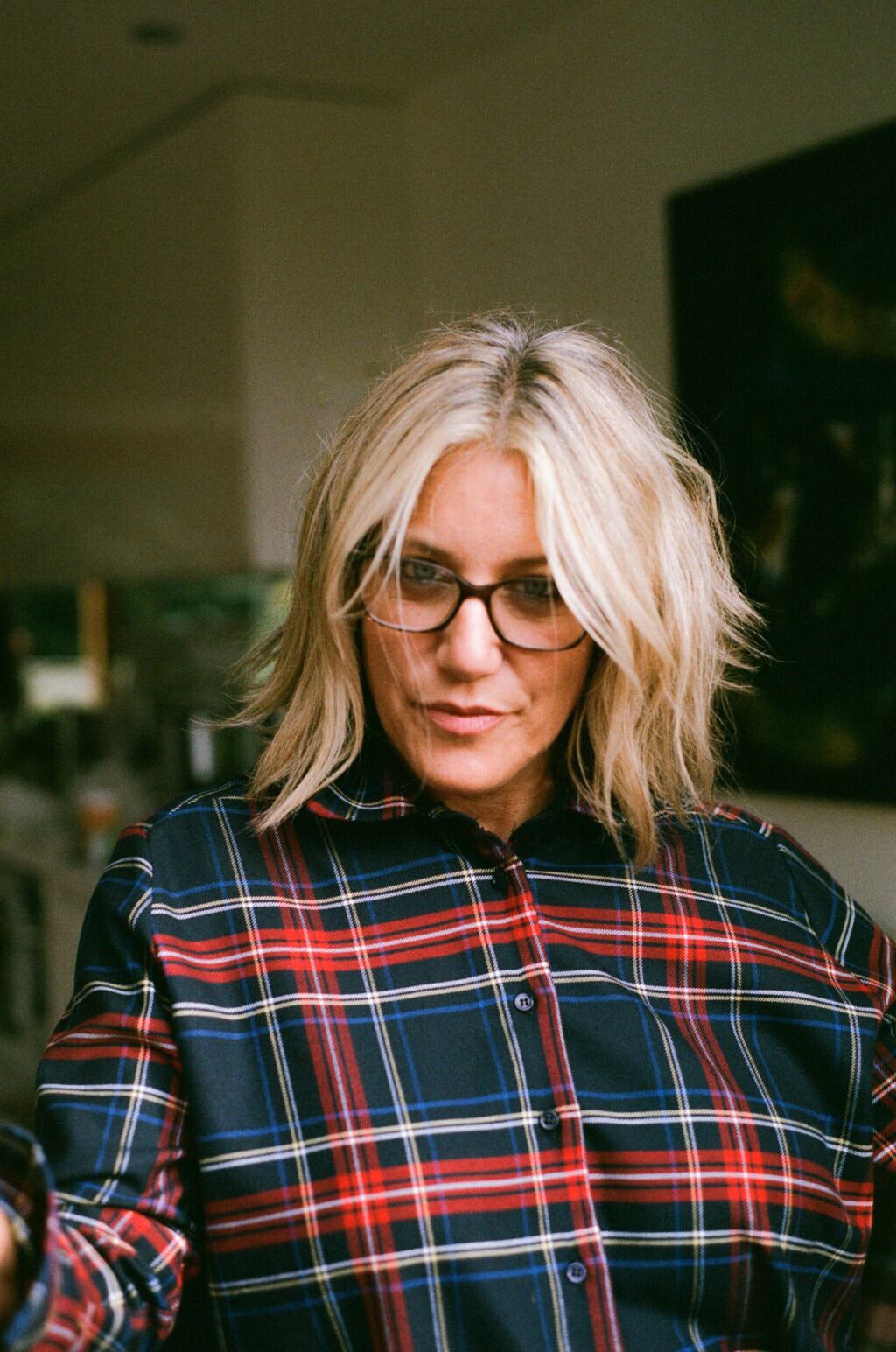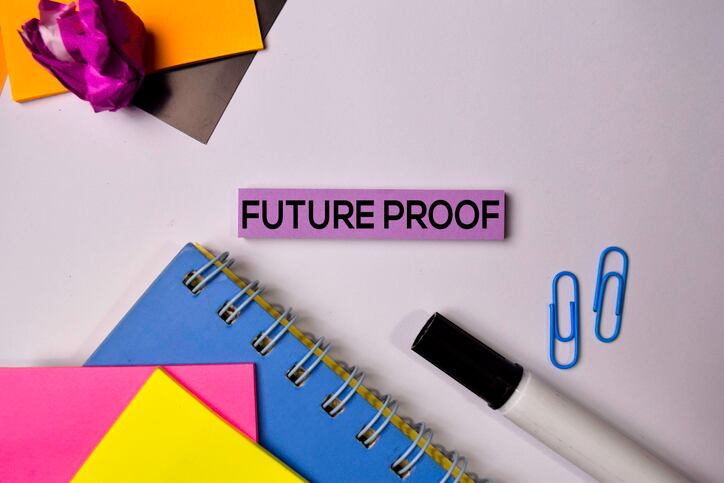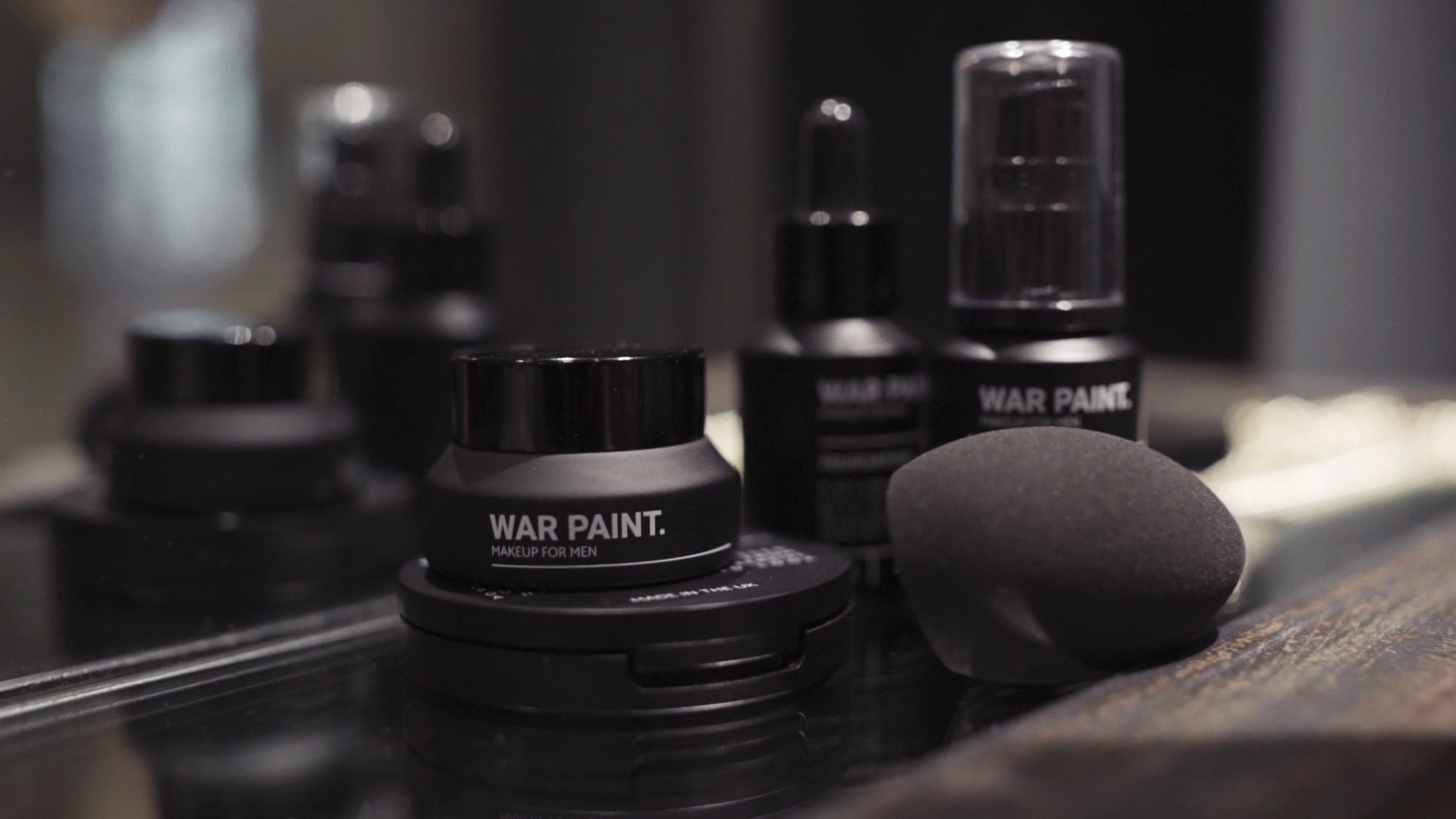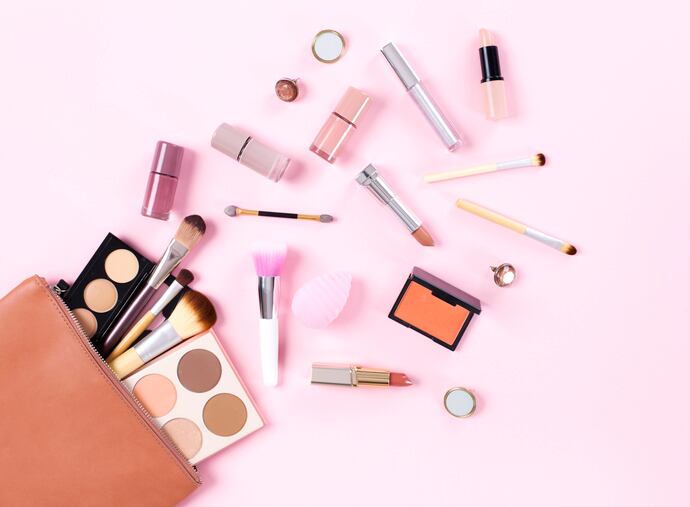The British Beauty Council published its first annual activity report earlier this month which included detail on its inaugural London Beauty Week, held alongside Fashion Week, and its work with the Department for International Trade on transatlantic partnerships, among other things. And Millie Kendall MBE, CEO of the British Beauty Council, said there was plenty more to come from the young association in 2020.
“What we’re doing this year is starting to look at these challenges that industry faces and starting to set the groundwork for where that’s going to go in the future,” Kendall told CosmeticsDesign-Europe.
“…As an industry, we’re tired of being thought of as vacuous and vain; we want to be seen as transparent, honest and authentic.”
The British Beauty Council had already defined and valued the UK industry, Kendall said, and it would now look at defining and identifying what sustainability meant for the beauty sector.
Collective sustainability – ‘we’ll look at a five-year plan’

The British Beauty Council was set to publish an independent evaluation on the sustainability of British beauty in the first half of this year, she said – something that hadn’t yet been done. Among other things, the report would contain recommendations from experts and actions points to take, she said, and also analysis on what consumers were looking for from sustainable beauty.
“We’ll look at a five-year plan. It’s about future-proofing our industry, both in terms of reputation as well as efficacy of products and goods,” Kendall said.
There had been plenty of “social amplification on sustainability”, she said, with beauty product companies bearing the brunt of attacks for things like plastic use. But, for industry to truly address sustainability, she said it had to consider all aspects – across services, retail, supply chain, product formulation, display, and even the type of display lighting used.
“We need to look at our entire industry because we’re not going to fix it by looking at one part of it. That’s like sticking a plaster over a flat tyre when you actually need to look at getting a better tyre.”
Proper action sustainability, Kendall said, had to be on everyone’s agenda. “If you look at lots of the big corporations, they’ve all got sustainability departments; sustainability leads; wellbeing directors. This is not just an opportunity, it’s a real movement. It’s something we do really need.”
Careers and education – building next gen cosmetic scientists and packaging technologists
Beyond work to address sustainability, Kendall said investments in careers and education would also be a critical part of future-proofing beauty.
“We’ll look at education and careers as the topics that are paramount this year (…) Within education, we’ll be looking at promoting careers in the beauty industry,” she said.
“…If we can convince 13-16 year olds to take sciences at GCSE level and explain you can be a cosmetic scientists or a packaging technologist, they might go off to University; we might be able to nurture the person that develops the next piece of packaging that is sustainable. But if we don’t start at the beginning, we’re not future-proofing and controlling where we go.”
Driving forward higher-education beauty degrees and courses, Kendall said, would also “raise the reputation” of industry – something the British Beauty Council was firmly focused on achieving.




